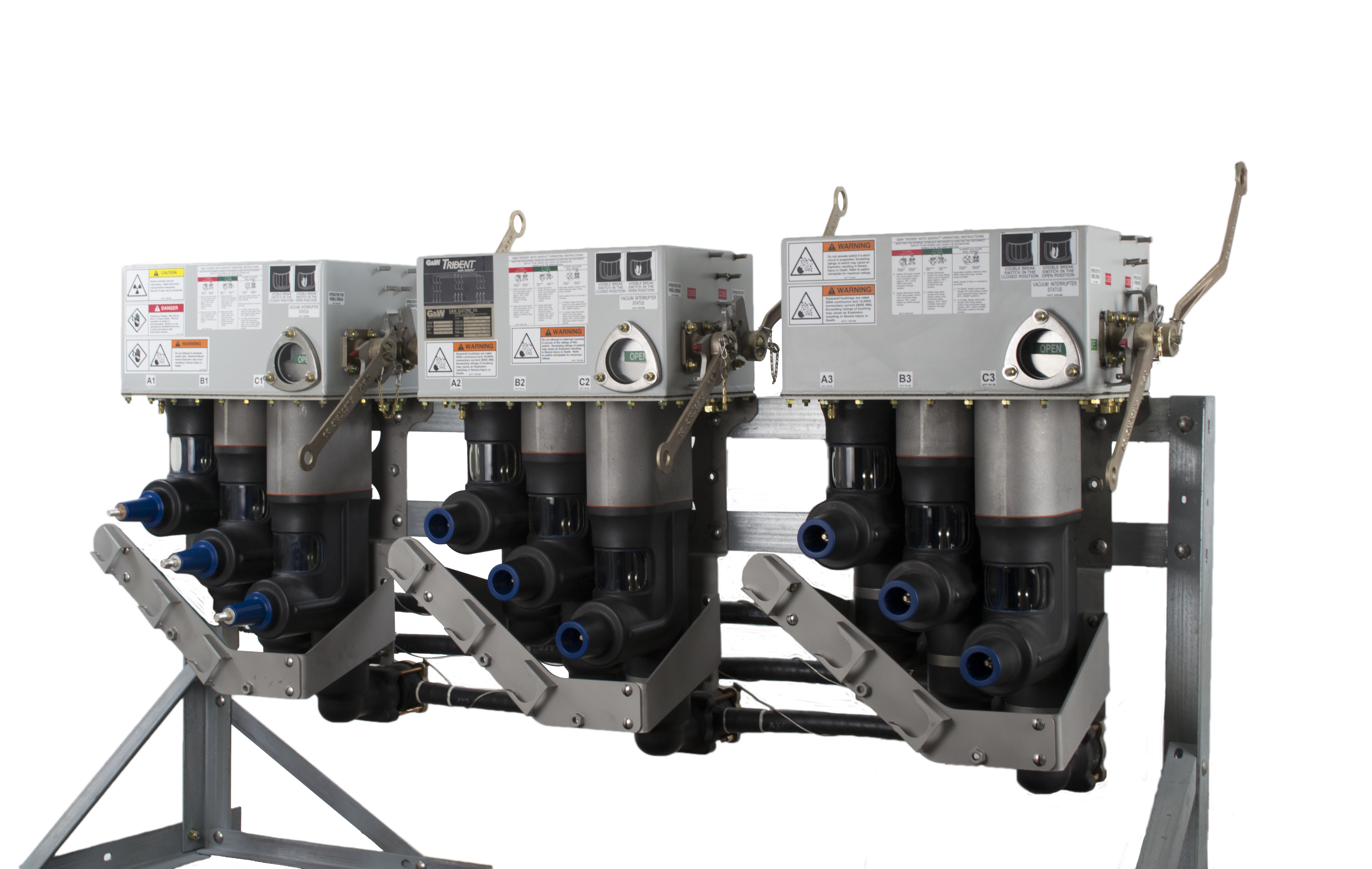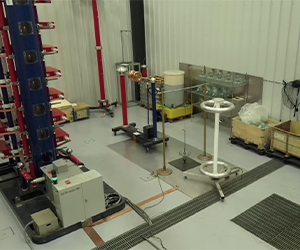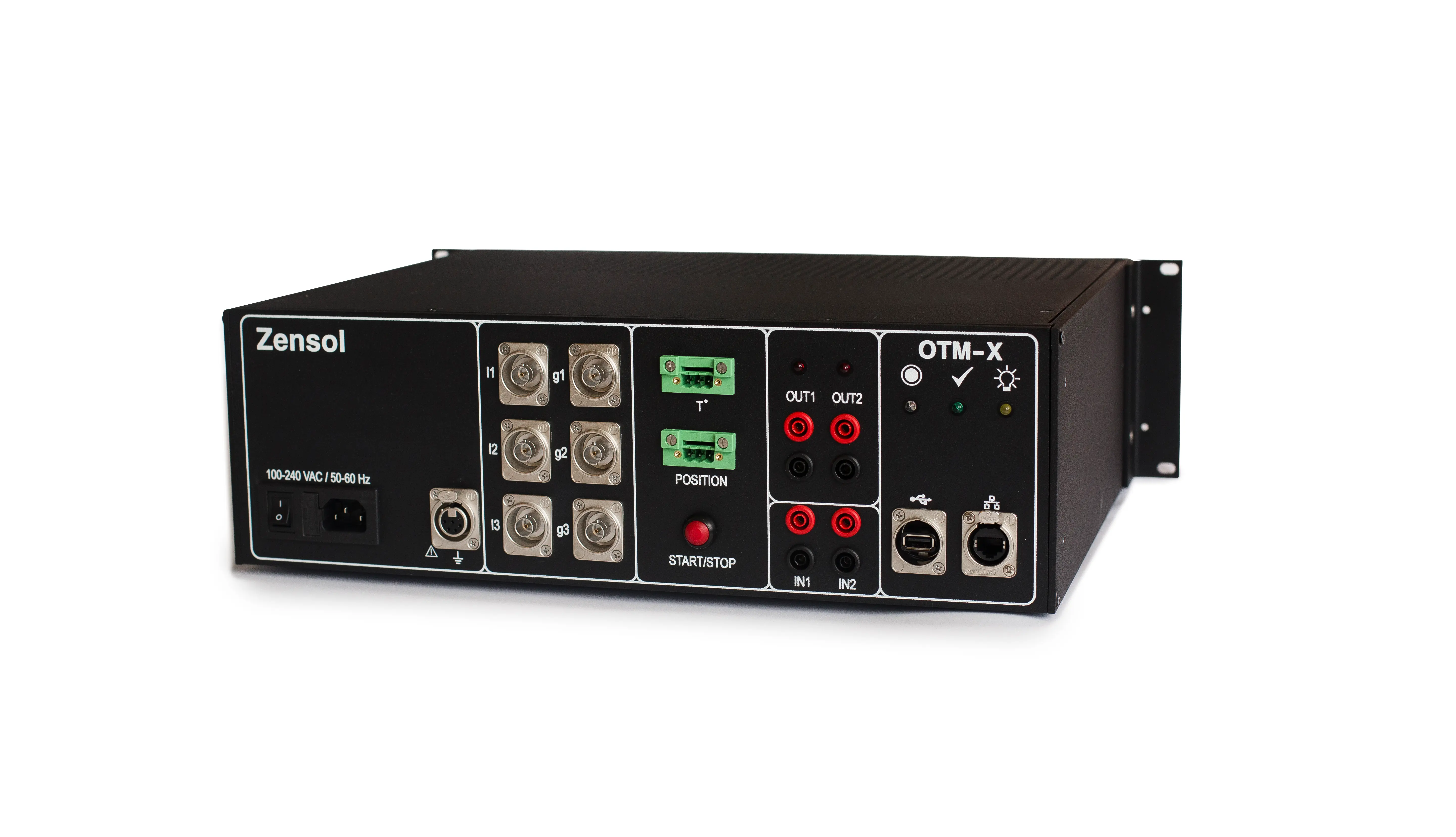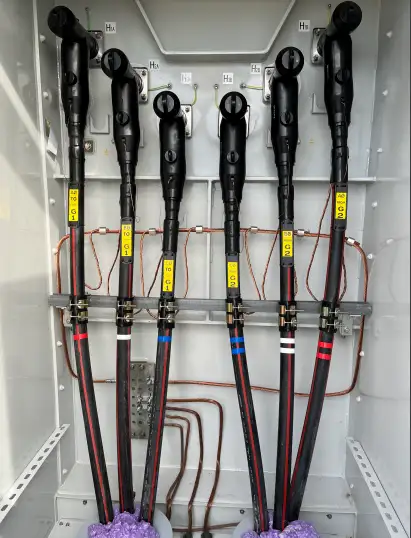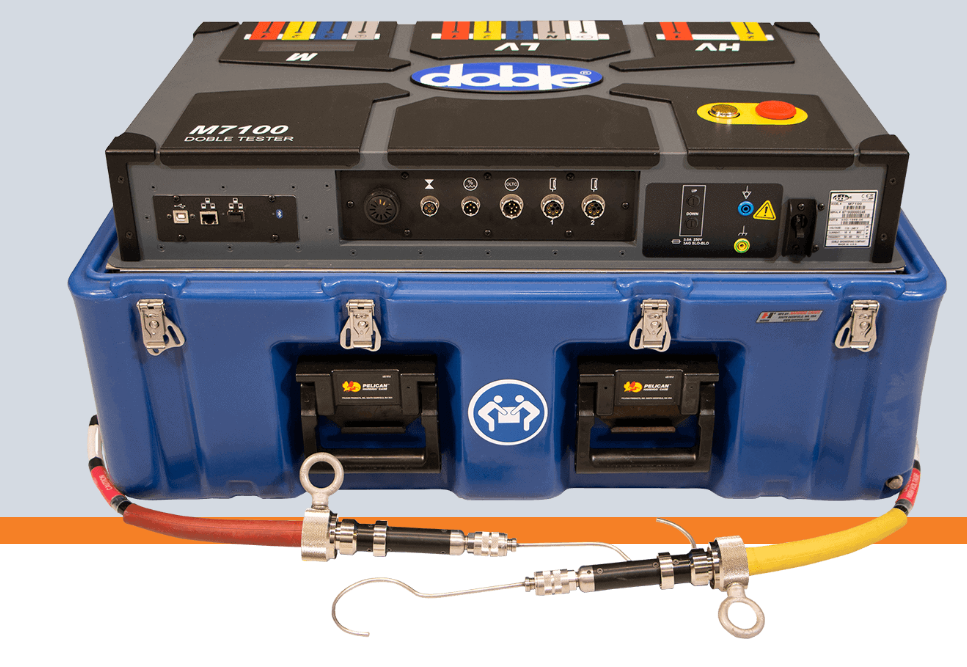Why is Energy Storage Important?
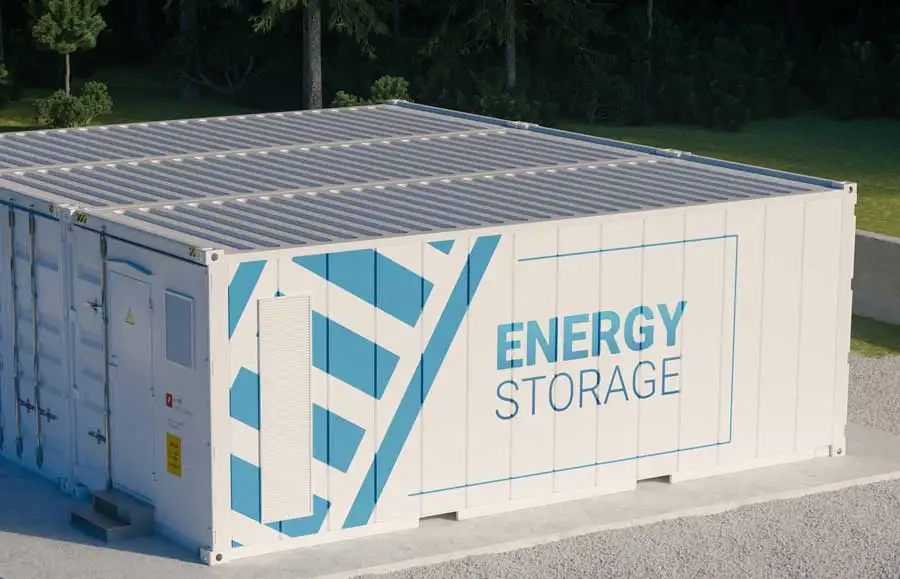
Why is energy storage necessary?
Energy storage is essential for several reasons. First, it helps to address the intermittency challenge inherent in many renewable energy sources, such as wind and solar. These energy sources are subject to natural fluctuations in supply, making it challenging always to meet the energy demand. Energy storage systems help to address this issue by storing energy when it is abundant and releasing it when it is needed, thus ensuring a more reliable and stable energy supply.
Second, energy storage can help to reduce our reliance on fossil fuels. By storing excess energy generated from renewable sources, we can use this energy to meet demand during peak times, reducing the need for fossil fuel-powered plants. This not only helps to reduce greenhouse gas emissions and combat climate change but also helps to reduce our dependence on finite resources and reduce energy costs.
Third, energy storage can help to improve the stability and reliability of the electrical power grid. By smoothing out fluctuations in electricity generation and demand, energy storage can help to reduce the likelihood of power outages and blackouts. This is particularly important as our society increasingly depends on electricity for everyday activities, from powering homes and businesses to charging electric vehicles.
Finally, energy storage can help to reduce energy costs by reducing the need for new power plants and transmission and distribution infrastructure. By storing energy and releasing it when needed, energy storage can help reduce the need for expensive peak power plants, which are typically only used a few hours a day. Additionally, by reducing the need for new transmission and distribution infrastructure, energy storage can help lower the overall electricity cost for consumers.
Overall, energy storage is a critical technology for the transition to a clean energy future, helping to ensure a reliable and stable energy supply, reduce our dependence on fossil fuels, improve the stability and reliability of the electrical power grid, and reduce energy costs for consumers.
On-Site Training
Interested in cost effective, professional on-site electrical training?
We can present an Electrical Training Course to your electrical engineering and maintenance staff, on your premises, tailored to your specific equipment and requirements. Click on the link below to request a Free quotation.
EF PARTNER MEDIA
Product Showcases
Shared Media

